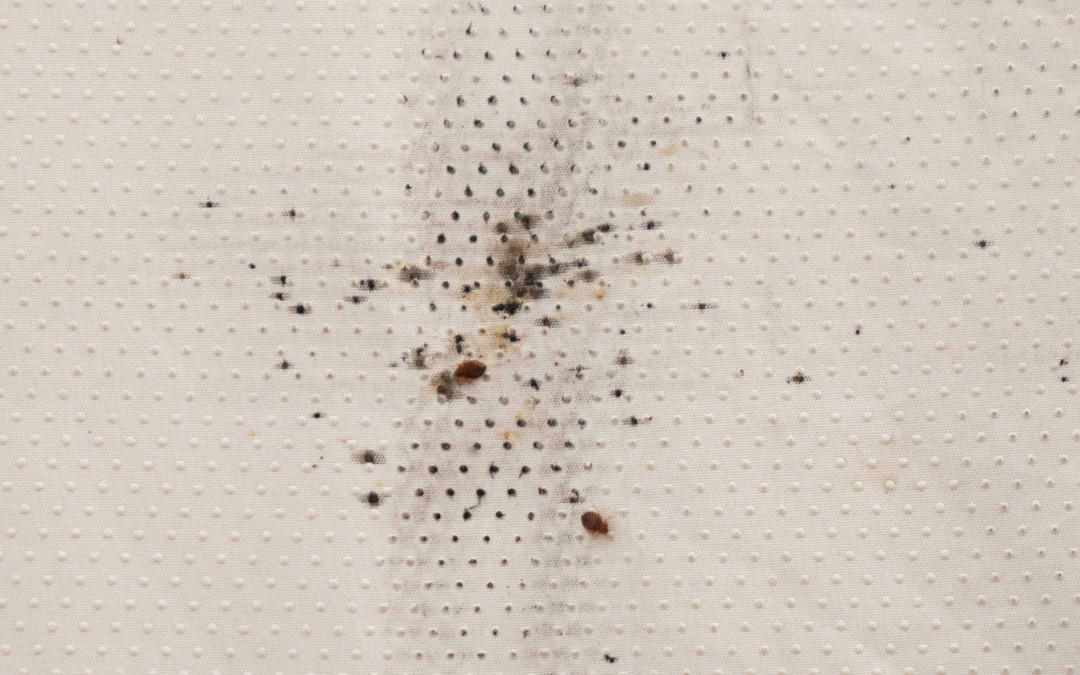Unfortunately, certain insect pests, like cockroaches, are associated with low-income housing. This association is due to many factors, such as less-than-adequate trash removal services and a relative lack of maintenance carried out on low-income structures. In the first case, roaches, and a myriad of other pests, gravitate into areas where discarded food and other garbage-waste accumulates. In the latter case, houses and apartments that see little maintenance develop structural inadequacies that allow pests to enter homes with relative ease. Cracks in window screens and foundations, as well as outdated plumbing systems can contribute to pest issues in houses and apartment buildings that are ill-maintained.
While bed bugs are unique for not discriminating between filthy and immaculate conditions, the bed bug-infestation rate is still particularly high in low-income homes. For example, a 2016 survey found that 12 percent of 2,500 low-income New Jersey apartment units were infested with bed bugs, and some apartment buildings in the survey saw as many as 30 percent of their units infested with the blood-sucking insects. Sadly, researchers are beginning to learn that bed bugs, much like roaches, pose a health threat to residents within the homes that they infest. Although bed bugs are not direct disease vectors, laboratory tests show that bed bugs can spread chagas disease to humans, and recent research has confirmed that bed bugs secrete histamine, which causes asthma and other allergy symptoms.
For well over a decade researchers have known that bed bug feces spread allergy-causing histamines within the homes that they infest, but now it seems that bed bugs secrete histamines as pheromones as well. Pheromones are secreted by insects as communication signals, and bed bugs secrete histamine pheromones to induce grouping behavior. These histamines exacerbate asthma and allergy symptoms in those living within bed bug infested homes, but low-income families and individuals are most afflicted with these medical issues. Although bed bugs have not yet been documented as spreading chagas disease to humans in the natural environment, experts say that the insects could become vectors for this disease in the future. It should also be noted that as of 2015, a little more than 45 disease-causing pathogens have been documented as being spread by bed bugs into homes.
Do you worry about contracting an illness from excessive bed bug bites?

